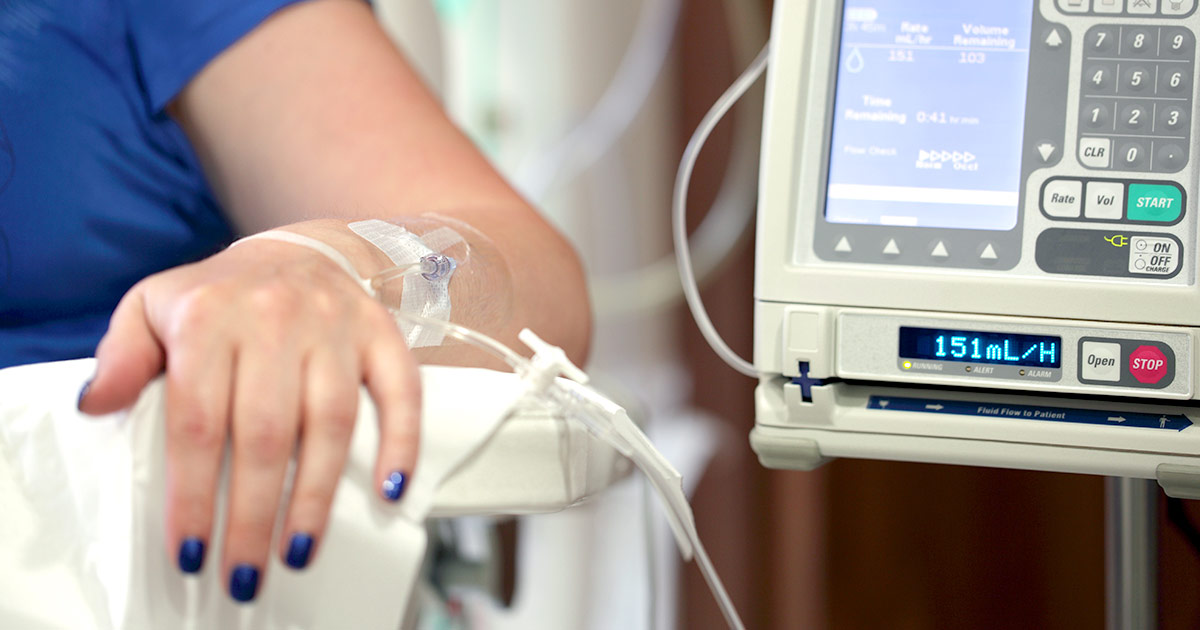10 Milky Mysteries Unveiled: The Sneaky Suspects Behind Lactose Intolerance
5. Certain Cancer Treatments

Individuals undergoing certain cancer treatments can develop lactose intolerance as a side effect. For these patients, lactose intolerance may present after active treatment has finished too. In particular, radiation therapy to the abdominal area is associated with a strong risk of developing lactose intolerance, and it might develop due to intestinal complications following chemotherapy. Patients being treated for cancer should ask their oncology team about their individual risk of developing lactose intolerance as a side effect of their treatment, and they may wish to consult with a nutritionist about starting a lactose-free or lactose-reduced diet during their cancer treatment to minimize any painful symptoms. If necessary, doctors can prescribe medications for these patients to reduce nausea and diarrhea.
6. Crohn's Disease and Other Inflammatory Bowel Diseases (IBD)

Beyond just bacterial overgrowth, inflammatory bowel diseases like Crohn's disease or ulcerative colitis can be sneaky culprits. These chronic conditions cause inflammation and damage to the lining of the digestive tract, including the small intestine where lactase is produced. This direct damage can significantly impair the body's ability to produce sufficient lactase, leading to secondary lactose intolerance. For individuals with IBD, managing their underlying disease is critical, but a temporary or long-term lactose-free diet might also be necessary to alleviate persistent digestive discomfort.
